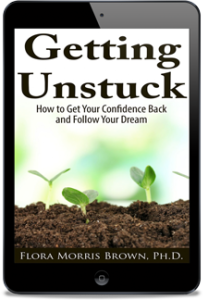
Photo by Robin Hutton on Flickr
One of the easiest ways to increase your own happiness is to express your love, appreciation or deep like for another person and celebrate in your own way.
With Valentine’s Day approaching, we are bombarded with ads directed at exchanging gifts of flowers, chocolate and jewelry between romantic partners.
Suppose you don’t have an intimate partner or want to share your love beyond the obvious? How about expressing your feelings and reaching out to others beyond your intimate circle.
1. Help feed the hungry or homeless on Valentine’s Day, if possible. Many of these charities require you to sign up ahead of time, so you may have to book yourself for another day. Do it anyway.
2. Buy some of those kiddie Valentine greetings that come in a set of 30 intended for school kids to exchange. Then sign your name and give to your coworkers. Trust me, they may comment, but they will smile and appreciate the recognition.
3. Make something clever using one of Avery’s free “appreciation” templates.
4. Visit a convalescent home on Valentine’s Day and spend time chatting with someone who never gets visitors. By the way, residents are not just senior citizens. There are children and teen residents there as well. Call to arrange your visit ahead of time.
5. Go through your address book and pick out someone who has made a difference in your life. Call them and tell them.




Recent Comments